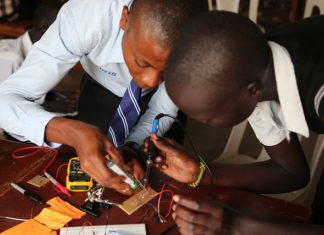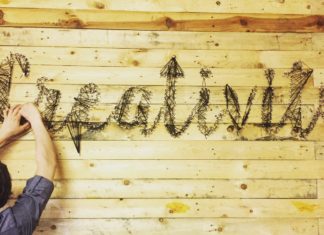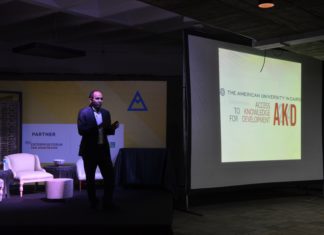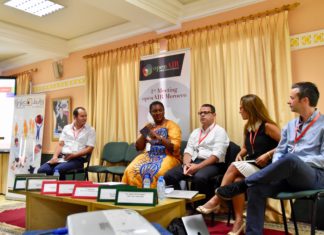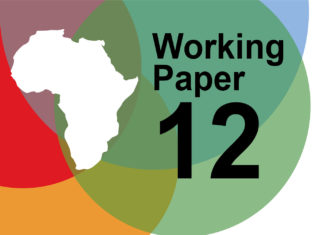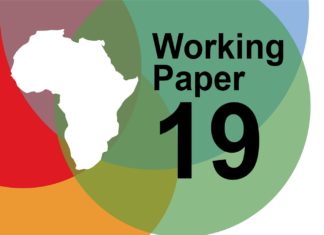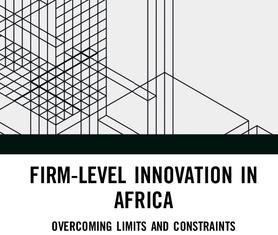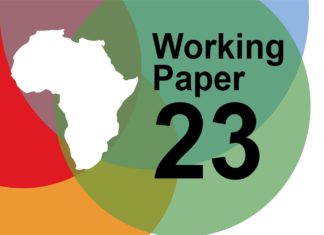The Maker Movement Across North Africa
Authored by: Nagham ElHoussamy and Dr. Nagla Rizk
Abstract: This Working Paper sets out findings from research exploring the growing maker movement across North Africa, focusing...
Highlighting Inclusion of Marginalized Voices at International Conferences: A NERG’s experience
By Nicole Tumaine
Over the past four months, I have had the privilege of attending three international conferences as a panelist thanks to the generous...
Beyond the Poster Boy of the Maker Movement
Some people tour Europe’s finest vineyards others tour Australia’s sweetest surf spots—I tour South Africa’s pioneer makerspaces; part of the growing global maker movement. The movement is a culmination of people becoming “makers” (someone who uses their personal abilities to create anything from mechanical or electrical to visual or musical) and spaces becoming makerspaces (an interdisciplinary area stimulating people to create by providing resources and idea sharing).
Open AIR North Africa Distinguished Speaker Series: Ibrahim Al-Safadi on Makerspaces...
On 10 December 2016, as part of the RiseUp Summit in Cairo, Open AIR’s North Africa hub hosted their first Distinguished Speaker event with Ibrahim Al-Safadi, the CEO of Luminous Education. The Access to Knowledge for Development Center (A2K4D) invited Al-Safadi to speak about the role of “makerspaces” to tackle unemployment and to share his experiences in how to create a makerspace that ensures that the individuals involved end up with jobs.
Open AIR Expansion into Morocco
By Sara Yassine
Over the past six months, the Research Laboratory Entrepreneurship and Management of Organizations (LABO-EMO) and Open AIR have been looking at ways...
Empowering Rural Craft Women through Social Entrepreneurship and Open, Inclusive Innovation
By Desmond Osaretin Oriakhogba
My Engagement with the Hillcrest Aids Centre Trust in KwaZulu-Natal, South Africa
As part of my on-going project as a Queen...
Determinants of Innovation Capability in Informal Settings: The Case of Nigeria’s...
Authored by: Oluseye Oladayo Jegede and Olubukola Esther Jegede
Abstract: This study contributes to the growing literature on innovation capability in the informal sector in...
The Nollywood Phenomenon: Innovation, Openness and Technical Opportunism in the Modeling...
Authored by: Chidi Oguamanam
Abstract: The Nigerian movie industry, known as Nollywood, has attracted an impressive degree of research interest since its debut in the 1990s,...
Firm-Level Innovation in Africa: Overcoming Limits and Constraints
Edited by: Oluseye Jegede: The literature on innovation in Africa is rapidly expanding, and a recurring thread in the emergent literature is the pervasiveness of systemic weaknesses that inhibit the innovation process. Despite these, firms are able to innovate in Africa.
Working around the Gender Gap in Intellectual Property Regimes: Empowerment of...
Authored by: Desmond Osaretin Oriakhogba
Abstract : This case study explored the empowerment, innovation, entrepreneurship, and intellectual property (IP) dynamics at play in the work...


